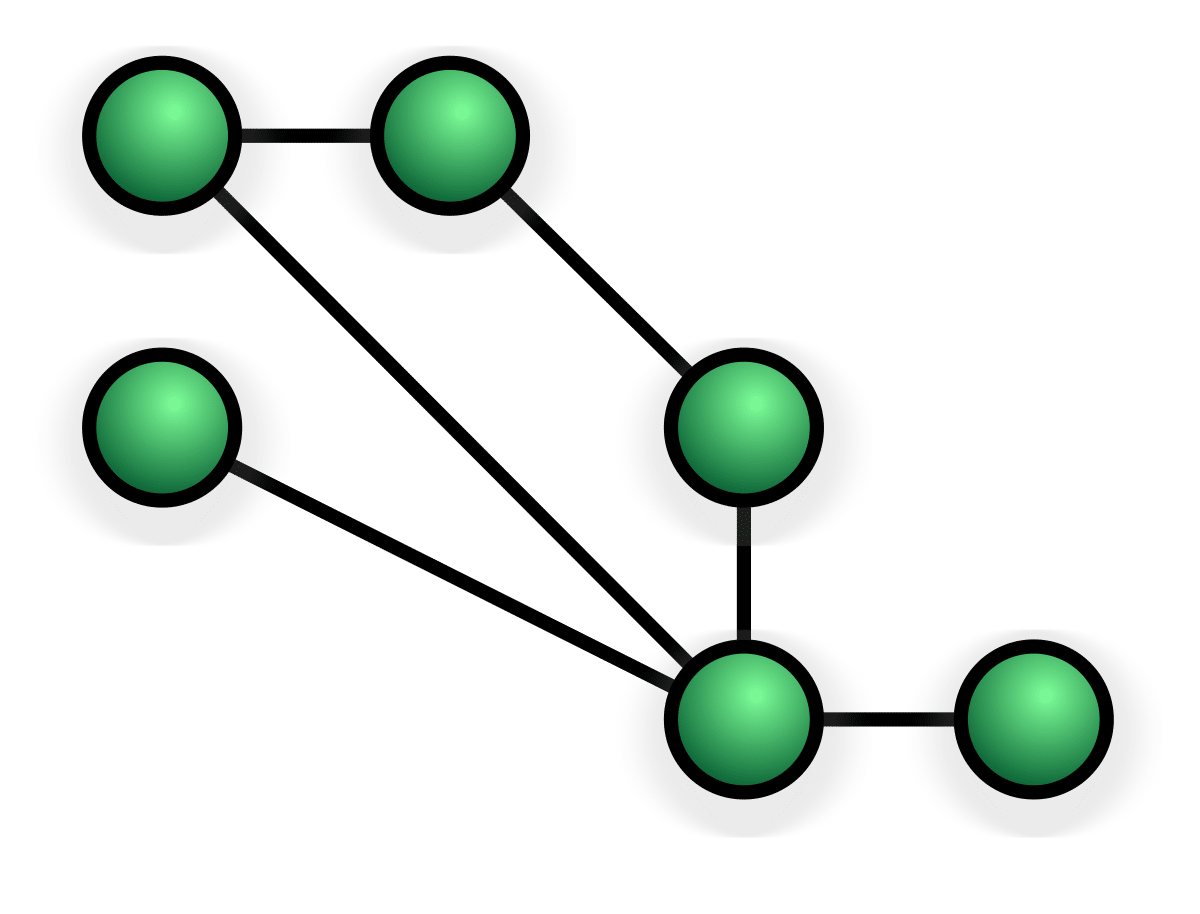- What Are Net Neutrality Laws?
- Political Divide
- Internet Access for a Privileged Few?
- What is Mesh Networking?
- Tokenizing Connectivity
- Allowing for Constant Connection
- Connectivity in the Future
Is Mesh Networking The Future of Online Connectivity?
As we contemplate blockchains and surveillance-free communication, the current administration seems to be taking back control. Net neutrality laws expire next month and internet service providers will have total say over how people in the US access the internet. This raises key questions about the future of online connectivity and whether mesh networking could be a solution.
What Are Net Neutrality Laws?
Net neutrality laws were enforced in the US during the Obama-era in 2015. They were designed to ensure an open and free internet in which consumers have equal access to web content. Net neutrality laws prevent ISPs from blocking content, favoring their own content, or overcharging consumers.
However, in December of last year, the FCC repealed these “open-internet” rules. Expiring on June 11, the net neutrality laws will be replaced by heavily-criticized regulations that hand internet service providers all the power.
New rules require ISPs to inform consumers if they will block or slow down certain content, or charge a premium for faster access. And many people fear that internet prices will skyrocket as a result. So far, AT&T, Verizon, and Comcast Corp have all vowed not to block or discriminate against content after the rules expire. But there hasn’t been any mention of whether they will offer paid “fast lanes” yet.
Political Divide
Repealing net neutrality laws is the latest in the current administration’s attempts to undo the previous administration’s acts. Following the bowing out of the Paris climate accords and the 180 on the Iran nuclear agreement. It also drives a deeper wedge between the Republican and Democrat parties and the American people.
“The repeal of net neutrality would allow internet service providers to put their profits before the consumers they serve and control what we see, do, and say online,” warned Democrat Acting New York Attorney General Barbara Underwood.
Republicans argue that repealing net neutrality laws will open up the competition and encourage investment. “The effect of this will be better, faster, cheaper internet access and the free and open internet that we have had for many, many years,” said Republican FCC Chairman Ajit Pai.
So far, 22 states, led by New York, are protesting against the legislation. There is still the possibility of a rejection of the December repeal that constitutes a huge win for ISPs but is heavily opposed by internet firms, including Alphabet Inc. and Facebook.
Wherever your political inclinations lie, you’ll probably understand why charging a premium for internet access doesn’t sit well with many people. In fact, Democrats believe that this issue will influence the midterm elections in November, particularly with internet-savvy millennial voters.
[thrive_leads id=’5219′]
Internet Access for a Privileged Few?
In this high-speed internet age, we’ve gotten used to accessing content whenever we want, wherever we want, right from the palms of our hands. Information is free and powerful. The kind of power that people may soon have to pay a lot of money for.
Some internet providers have already spoken about offering “paid fast lanes,” or “paid prioritization.” This puts us on a dangerous path. Elite access to the internet goes against an open and equal ecosystem for all and starkly contrasts with the utopian visions of the majority of blockchain startups.
While the repeal is not yet complete, coming into effect next month, if internet prices do skyrocket in the US, and the general population no longer has equal access, mesh networking may be the solution.
What is Mesh Networking?

Mesh networking allows nodes to connect directly and cooperate with one another to route data to and from clients. It’s decentralized, as there is no dependency on any single node, and all nodes participate in the relay of information.
Since mesh networks can self-configure, the network is fault-tolerant and provides a cheaper, more efficient solution to providing access to an uncensored internet–that isn’t tethered to ISP (Internet Service Provider) infrastructure.
In a nutshell? Mesh networking provides the ability to hop onto other people’s internet and data. But, in order to grow the mesh network ecosystem, people need to be incentivized.
Afterall, why should you share your connectivity with anyone else? This is where decentralized, mobile mesh networking protocol using blockchain technology and tokenization comes into play.
Tokenizing Connectivity
Companies like RightMesh and Open Garden are tokenizing connectivity using Android phones to form the networking infrastructure. They achieve peer-to-peer connectivity using WIFI and Bluetooth functions that are inherent in mobile phones.
When a client and hotspot connect, they create a new mesh for people to join, and the network grows from there. Each node has an Ethereum ID and account that rewards users with tokens.
This decentralized ISP model aims to enable people themselves to become ISPs. By taking the power away from large corporations and placing it back into the hands of the people, anyone can share their internet and earn cryptocurrency for doing it.
So far, Open Garden has enabled message routing off-the-grid and created the first messaging app allowing people to communicated without an internet connection.
Allowing for Constant Connection
Mesh networking is also being used around the globe to ensure uninterrupted connectivity. In hard-to-reach places with complex topography and vast rural communities, billions of people still lack access to the internet.
Mesh networking is proving to be an effective and low-cost solution to spread the benefits of being connected, including social and economic inclusion. And in cases of natural disasters, where internet connections go down, mesh networking can ensure that people are still able to communicate and send messages.
Red Hook WIFI, for example, came into being after a powerful storm hit New York and prevented people from being online. Now the organization aims to close the digital divide and allow equal economic opportunity in Red Hook, Brooklyn, using mesh networking.
With the help of local businesses and the community, they are able to provide residents with continued access free of charge.
Connectivity in the Future
While the net neutrality repeal has yet to go into effect, even with access to low-cost internet, issues of censorship or service interruption often raise their head.
Mesh networking could be a real, viable alternative, not only for last mile connectivity but for every day, improved communication without surveillance or ISP issues.
Never Miss Another Opportunity! Get hand selected news & info from our Crypto Experts so you can make educated, informed decisions that directly affect your crypto profits. Subscribe to CoinCentral free newsletter now.










